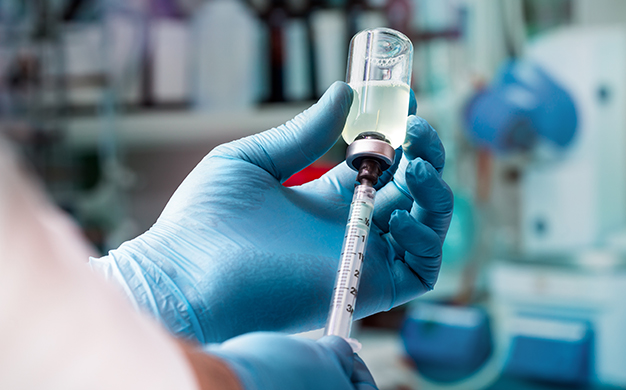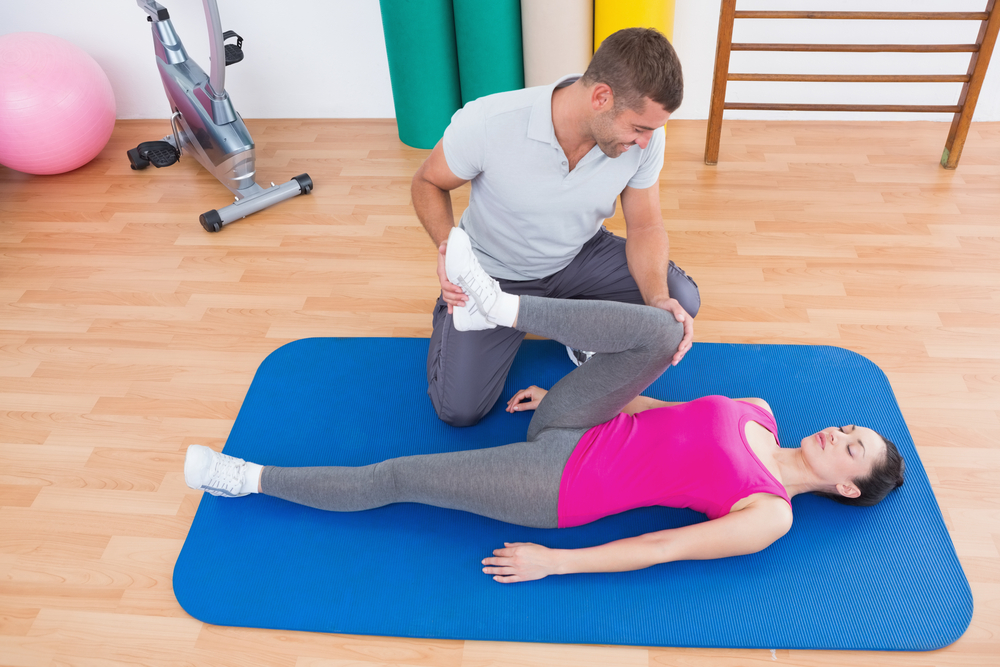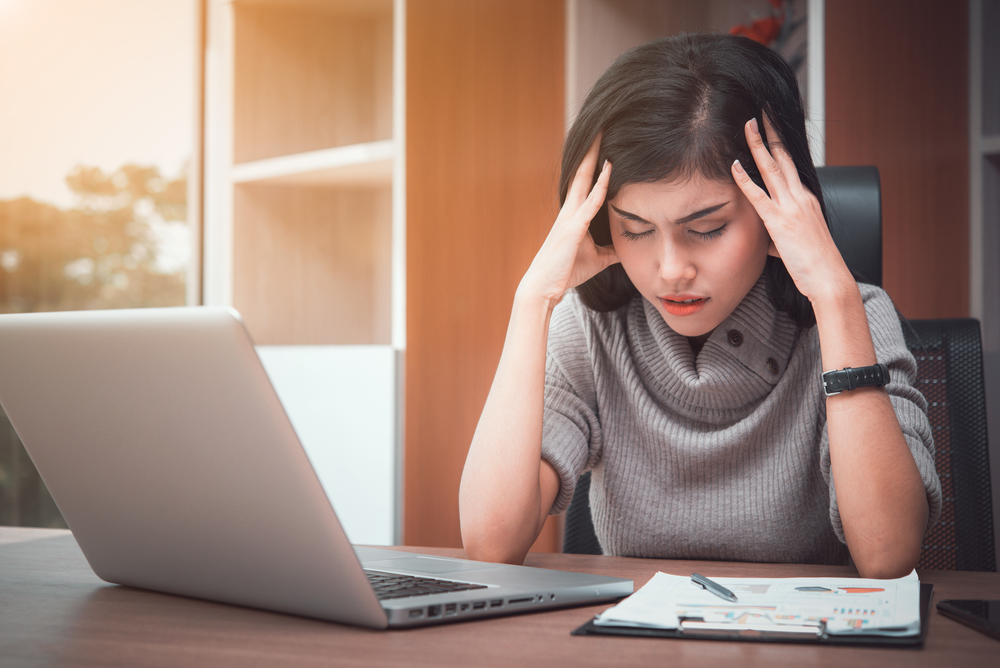Covid 19 vaccination is advised for everyone age five years and older in the US, including breastfeeding and pregnant ladies. Also, booster shots are available for everyone age twelve years and older in the US.
The page addresses covid 19 vaccination FAQs (frequently asked questions) about Covid-19 vaccines. Information about the coronavirus vaccine is changing rapidly. Get the latest information on the Covid 19 vaccine and associated FAQs.
Covid Vaccine FAQs
- Who should get vaccinated against Covid 19?
Initially, WHO recommended the covid 19 vaccine for people at the highest risk of covid 19 infection, including the elderly and people who are more likely to be exposed to the virus in certain countries. Pregnant women have a higher risk of serious illness and preterm birth complications if infected with covid 19; WHO recommended that such women be prioritized for vaccination.
If you live in a country where Covid 19 vaccines are widely available for all people beyond these prioritized categories, get vaccinated as soon as possible. According to released WHO guidelines for vaccination, vaccines are safe for most people, including those with pre-existing conditions like diabetes, hypertension, asthma, heart disease, kidney disorders, and chronic infections. Now, Covid 19 vaccine is recommended for everyone age five years and older in the USA. To get more information about the covid 19 vaccine in your local area, log on to www.vaccines.govt.
- If an individual had Coronavirus in the past, do they still need to get vaccinated?
As per CDC guidelines, one should receive the covid 19 vaccine regardless of whether they were previously infected. Covid 19 vaccination induces a much higher antibody response than natural infection.
- What are the benefits of receiving the Covid 19 Vaccine?
Getting vaccinated could save your life by protecting against serious complications, hospitalization and death associated with the coronavirus disease. Also, there are reports that claims being vaccinated will make you less likely to transmit the infection to others, which means your decision to get vaccinated also protects people around you. But what’s important is that one should keep taking precautions to protect yourself even after getting vaccinated. Vaccines are highly effective, but some people can still contract the virus and fall ill even after vaccination. This increases your chance of transmitting the virus to others, especially those not vaccinated. Maintain a one-meter distance from other people, wear a mask that properly fits your nose, covers your mouth, avoid poorly ventilated places, clean hands frequently, and stay home if you fall ill and get tested. You should also know how much virus is circulating in the areas you travel, live, and work.
- Who should not receive the Coronavirus Vaccine?
You should not receive the Covid 19 shot if:
- You have a history of severe allergic reaction to any ingredient present in the vaccine, to provide possible adverse reactions
- You have a fever on the day of your vaccine appointment. Reschedule, get covid registration again once you are fine.
- You currently have suspected or ruled out Covid 19. Make sure you wait until you have completed the isolation period advised by the government, and your symptoms have passed to get vaccinated.
- Which vaccine should you get?
It is believed that the vaccines approved by WHO are highly effective in preventing illness and severity of coronavirus infection. One should accept the vaccine you are offered by the government and get vaccinated as soon as possible to reduce the risk of serious complications, hospitalization, and death due to covid 19. Do not delay getting vaccinated; get your vaccine registration, as advised by your health care provider, to reduce the risk of infection.
The Bottom Line
Covid 19 vaccine is the most important tool to stop the community spread of Covid 19 infection. Following Covid related protocols like social measures such as isolation, social distancing by staying at least 1 meter away from other people, wearing masks, staying home if unwell and getting tested are all essential steps to break the chain of transmission. This page has provided answers to covid vaccine FAQs; we hope you find your answers and get vaccinated as soon as possible. Getting vaccinated could save your life and protect virus transmission to others.




